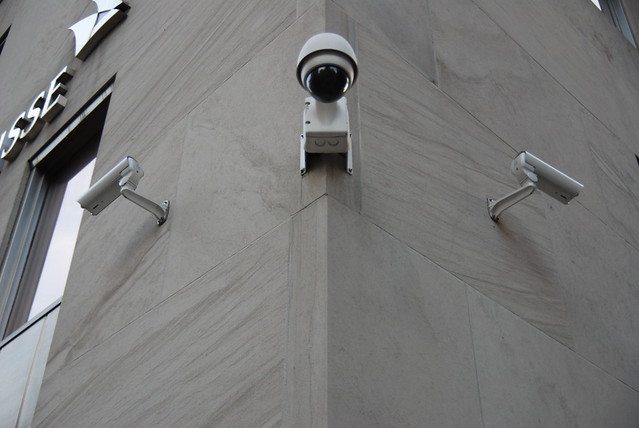 POLICY
POLICY
 POLICY
POLICY
 POLICY
POLICY
Amid growing fears of facial recognition technology becoming an oppressive tool of surveillance down the line, the city of San Francisco voted today to ban the use of it by police and other official agencies.
The city’s Board of Supervisors voted 8-1 in support of a proposal to ban facial recognition by agencies to be used for surveillance of the public. Under the “Stop Secret Surveillance Ordinance” plan, city agencies will also be required to comply with full transparency relating to what surveillance tools are presently in use or what will be in use in the future.
The plan was spearheaded by Supervisor Aaron Peskin, who said the ban sends a message to the rest of nation, especially since San Francisco is a such a strong technology hub.
“I think part of San Francisco being the real and perceived headquarters for all things tech also comes with a responsibility for its local legislators,” Peskin said in a statement. “We have an outsize responsibility to regulate the excesses of technology precisely because they are headquartered here.”
Peskin said the move wasn’t anti-technology and the city makes good use of tools that can help reduce crime in the city. As far as facial recognition goes, though, he said it was “uniquely dangerous and oppressive.” It should be noted that the San Francisco Police Department currently does not employ the technology, but the ordinance would make it harder to do so now.
Police in the U.S. have already used such technology to some success, although privacy advocates fear that omnipresent eyes scanning the public is overly oppressive. Moreover, such artificial intelligence is a work in progress and has been shown to be biased.
In April, that was the reason Microsoft Corp. President Brad Smith revealed that the company had refused to share its facial recognition software with law enforcement in California. Smith acknowledged the bias, apparently telling authorities that “this technology is not your answer.”
In the coming weeks a vote to ban the technology is also expected in Oakland and Somerville, Massachusetts. Such a ban won’t affect how the software is used at airports and ports since they’re under federal jurisdiction.
Support our mission to keep content open and free by engaging with theCUBE community. Join theCUBE’s Alumni Trust Network, where technology leaders connect, share intelligence and create opportunities.
Founded by tech visionaries John Furrier and Dave Vellante, SiliconANGLE Media has built a dynamic ecosystem of industry-leading digital media brands that reach 15+ million elite tech professionals. Our new proprietary theCUBE AI Video Cloud is breaking ground in audience interaction, leveraging theCUBEai.com neural network to help technology companies make data-driven decisions and stay at the forefront of industry conversations.